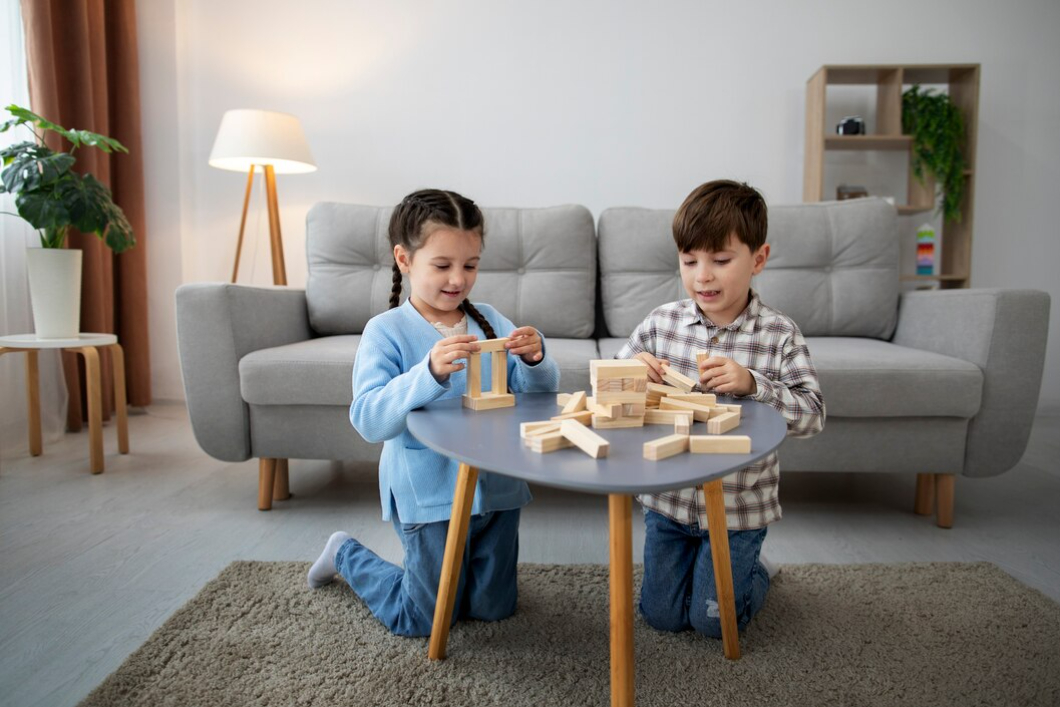
Playtime Companions: Enhancing the Preschooler’s World of Fun
The Power of Storytelling:
Classic Toys:
Creative Arts:
Interactive Learning:
Outdoor Adventures:
Imaginative Play:
Musical Delights:
Construction and Engineering:
Sensory Play:
Science Exploration:
Board Games:
Outdoor Sports:
Pretend Play:
Animal Companions:
Construction Sets:
Interactive Pets:
Building and Construction Sets:
Role-Playing Sets:
STEM Toys:
Construction Vehicles:
Balance and Coordination:
Water Play:
Building Social Skills:
Outdoor Exploration:
Unleashing Creativity: The Power of Playtime Companions
Imaginative Playmates:
Open-Ended Toys:
Building Social Skills: Learning through Playtime Companions
Cooperative Play:
Empathy and Emotional Intelligence:
Promoting Well-being: Playtime Companions for Preschoolers
Physical Activity:
Comfort and Security:
Selecting Playtime Companions: Considerations for Parents and Educators
Age-Appropriate Toys:
Diversity and Inclusivity:
The Evolving Landscape: Balancing Playtime Companions and Digital Media
Screen Time Limitations:
Interactive Learning:
The Role of Parents and Educators in Playtime Companions
Parental Engagement:
Educator’s Guidance:
The Benefits of Outdoor Playtime Companions
Nature Exploration:
Physical and Cognitive Development:


